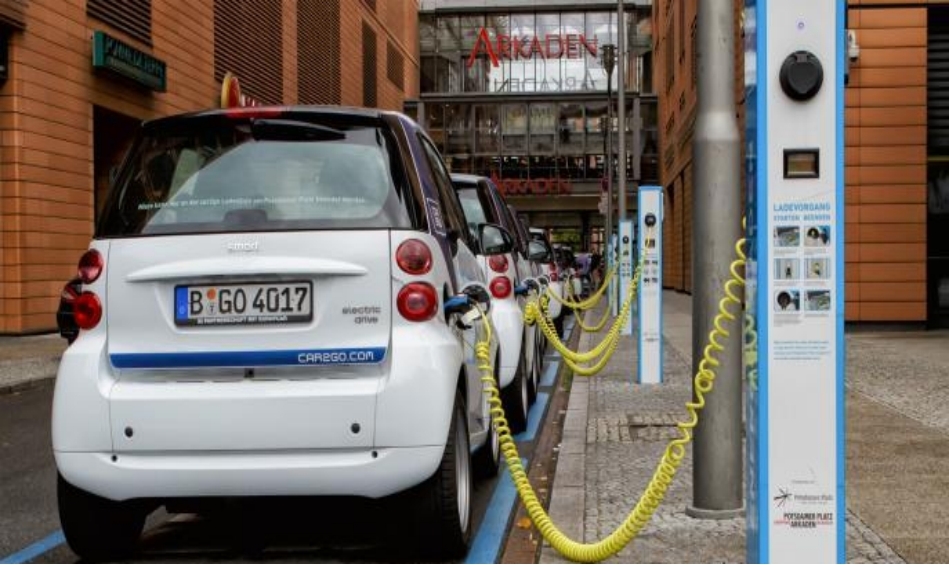
Recently, Ola Kallenius, the CEO of Mercedes-Benz, expressed his views on the EU's plan to completely ban the sale of new fuel vehicles starting from 2035, pointing out that this move might lead to a "collapse" in the automotive market. This statement has drawn widespread attention and also prompted us to conduct an in-depth analysis of this policy and its potential impacts from a technological perspective.
From a technical perspective, the popularization of electric vehicles is not achieved overnight. It relies on the coordinated development of multiple aspects such as battery technology, charging facilities, and energy supply. At present, although electric vehicles have made certain progress in terms of driving range and charging speed, there are still many technical bottlenecks. For instance, the energy density, lifespan and safety of batteries remain the key factors restricting the further development of electric vehicles. In addition, the layout of charging facilities and the charging speed also directly affect consumers' usage experience. Against the backdrop of the EU's plan to completely ban the sale of new fuel vehicles, if these technical issues cannot be effectively resolved, they may cause a huge impact on the automotive industry.
The disastrous consequences that Kallenius mentioned for European car manufacturers not selling fuel vehicles in the EU are not groundless. From a technical perspective, a complete ban on the sale of new fuel vehicles means that automakers need to complete the transition from fuel vehicles to electric vehicles in a short period of time. However, this transformation is not merely a simple product replacement but involves the reconstruction of the entire industrial chain. From raw material supply, component production to vehicle assembly, every link requires technological upgrading and adjustment. For many traditional automakers, this is undoubtedly a huge challenge.
Especially in terms of battery technology, the lithium batteries currently used in electric vehicles still have many problems in terms of energy density, cost and environmental impact. Although researchers are striving to develop new battery technologies, such as solid-state batteries, the commercial application of these technologies still requires time. Under the policy of a complete ban on the sale of new fuel vehicles, automakers may face difficulties such as insufficient battery supply and high costs, which in turn will affect the market competitiveness and profitability of their products.
In addition, the construction of charging facilities is also an important factor restricting the popularization of electric vehicles. At present, the layout of charging facilities in the European Union is still not perfect, especially in some remote and rural areas. The shortage of charging facilities has seriously affected the convenience of using electric vehicles. To achieve a complete ban on the sale of new fuel vehicles by 2035, the EU needs to invest a huge amount of money in the construction and upgrading of charging facilities. However, the complexity and uncertainty of this process have led automakers to be cautious about the future market prospects.
The view put forward by Kalenius that the government needs to provide appropriate incentives is reasonable from a technical perspective. The government can reduce the usage burden on consumers and enhance the market acceptance of electric vehicles by taking measures such as building a charging network and lowering charging prices. Meanwhile, the government can also increase investment in battery technology research and development and the construction of charging facilities to promote the rapid development of the electric vehicle industry. However, the implementation of these measures requires time and financial investment, and their effectiveness is also influenced by multiple factors.
It is worth noting that at its annual financial report conference, Mercedes-Benz Group announced that due to the fact that the popularization speed of new energy vehicles has not met expectations, it will no longer adhere to its full electrification plan by 2030. This decision reflects from the side the current status and challenges of the development of electric vehicle technology. Although electric vehicles represent the future development direction of the automotive industry, blindly promoting a policy of a complete ban on the sale of new fuel vehicles may not be a wise move when the technology is not yet mature and market acceptance needs to be improved.
To sum up, the EU's plan to completely ban the sale of new fuel vehicles starting from 2035 is confronted with numerous technical challenges and market uncertainties. Automobile manufacturers need to overcome difficulties in battery technology, charging facilities and other aspects during the transformation process, and the government also needs to provide appropriate incentives and support to promote the healthy development of the electric vehicle industry. When formulating relevant policies, the actual situation of technological development and market acceptance should be fully considered to ensure the feasibility and effectiveness of the policies.

On January 4th local time, Trump warned India that if it does not limit its purchase of Russian oil, the United States will continue to raise tariffs on Indian products. Trump's latest warning sent shockwaves through the Indian financial market in just one day.
On January 4th local time, Trump warned India that if it do…
In October 2025, the US trade deficit narrowed unexpectedly…
According to the British media CoinJournal, recently, due t…
In January 2026, US President Trump once again set his sigh…
Europe is facing a crucial strategic choice: In the face of…
On New Year's Day 2026, BMW China announced a "systematic v…